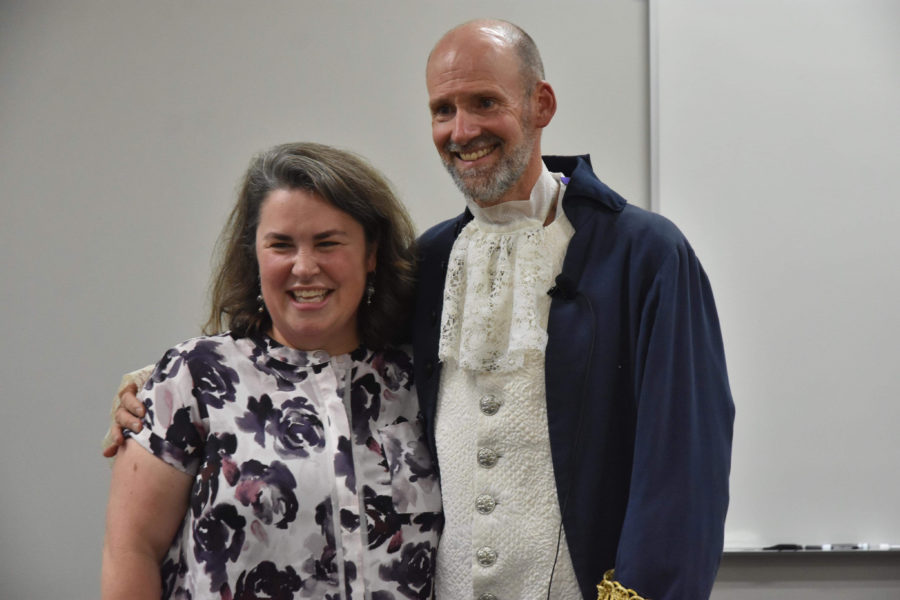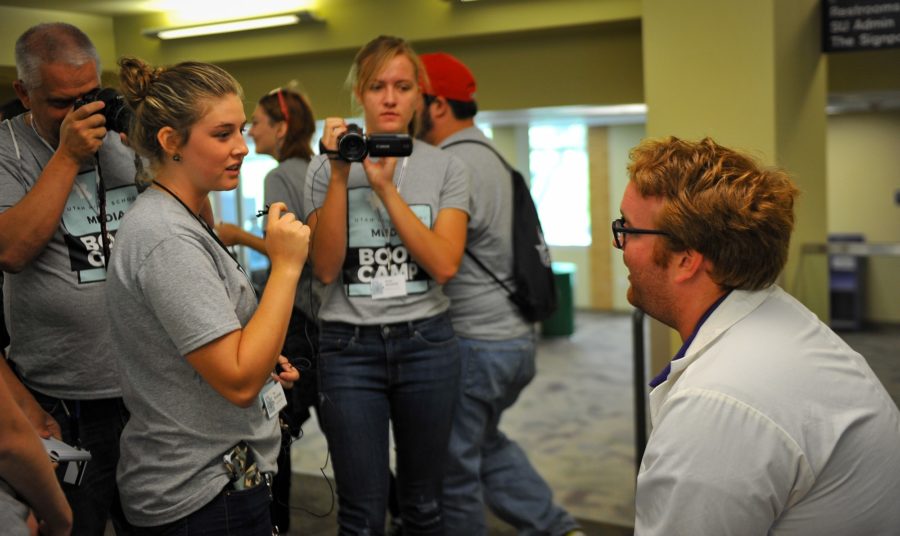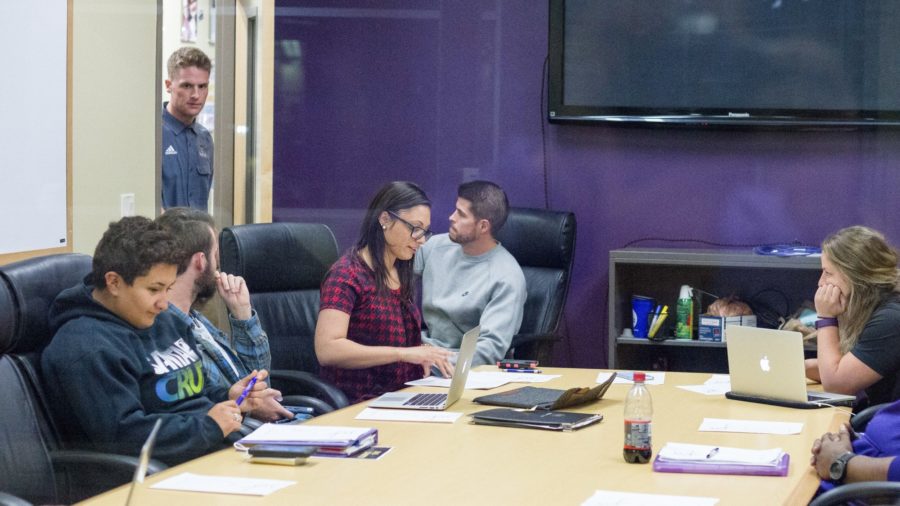It seems that nowadays, there’s a new study every week that ranks U.S. states from best to worst in everything from economic prospects to happiness. They’re entertaining sometimes, and every once in a while we get a ranking that everyone touts as being an example of why Utah is the best state ever. However, how seriously should we take these things? We’d be more than a bit foolish to trust every headline and study we came across. And what do we do when get one that isn’t so flattering?
Last week saw Utah given a ranking that was just that. In a recent study conducted by the Center for American Progress and released Sept. 25, the center focused on the wellbeing of women in their respective states. The good news for Utah? We weren’t dead last overall.
We were one spot above it.
With women making up a significant part of both our newspaper staff and school, we thought we’d pay attention. You know, just in case a change in living location was in order (many of us have always been fans of Washington).
The study ranked states based on an average of 36 factors divided into three categories: economic security, leadership and health. These factors included looking at poverty and uninsured rates for women and several prominent minority groups, as well as education, number of women compared to men in government positions, and the usual check into wage gaps between genders. Utah consistently ranked average to low (very low) in each factor. The only other state below us was Louisiana. The best state on average? Maryland.
Now, before we delve into any potential ranting, we need to talk about studies in general and this whole ranking obsession. There are lots of times when groups and individuals slap together some numbers, facts and impressive-sounding credentials and call it a study. There are also times where things are blown out of proportion. Other times, studies are misleading or misinterpreted on accident. It’s a thing that happens.
As such, smart practice is to approach these things with caution. Look up the people behind the study. For example, the Center for American Progress is a progressive organization that declares itself nonpartisan. Then look at other stuff, like the factors considered, the methods used and anything else you can get your hands on. That all matters. A study that only talked to a dozen or so people is going to look a lot different than one that talked to several thousand.
So what do we say about this study in particular? We say there are quite a few factors to consider in each state, such as the culture, population makeup and mindset. Each factor has varying effects on different elements in the state. The religious culture in Utah is different than, say, Louisiana (probably; we’ve never been there). We might all be one country, but traveling between states sometimes can feel like jumping international borders.
However, such studies shouldn’t be blatantly ignored, either. For instance, such factors as the wage gaps are cold, hard numbers. Even though Utah might not be too happy with such a depressing label, it’s something we should pay attention to. At the very least, these studies highlight areas of improvement. And just as we’d be crazy to believe everything, it’s even worse to ignore everything instead.
The full details of the study, “The State of Women in America,” can be found on the center’s website, along with a colored map showing which states fail more than others. Check it out and decide for yourself if Utah got the ranking it deserves.














